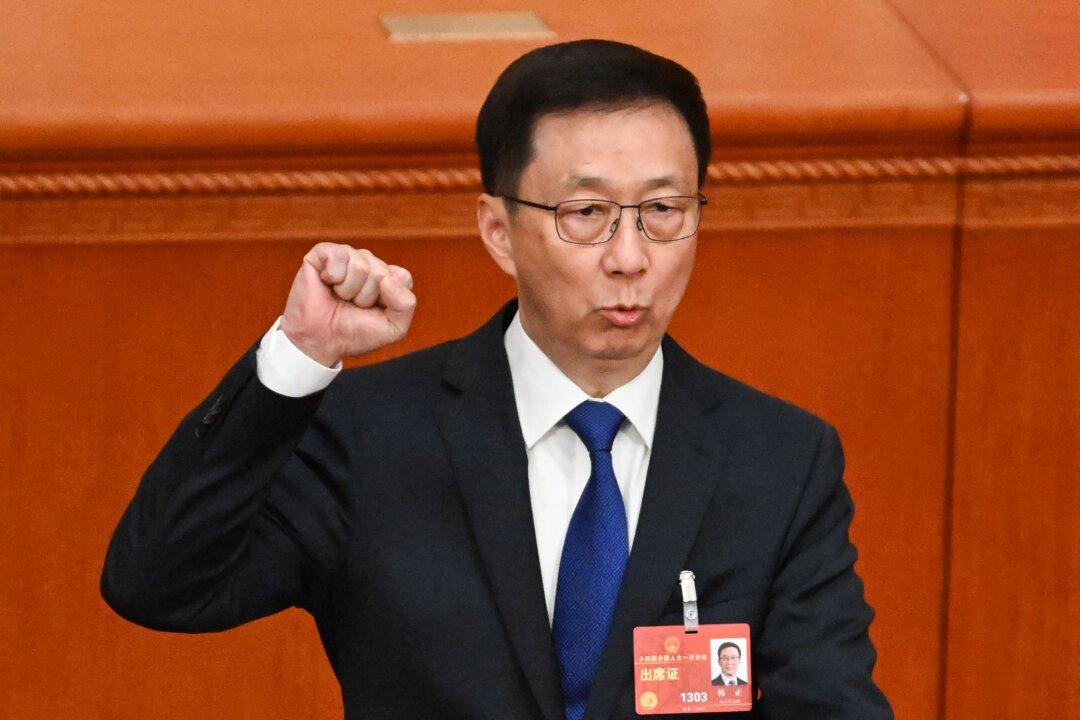The UK government has been criticised for inviting a senior Chinese official responsible for human rights abuses in Hong Kong to the coronation of King Charles III.
Chinese Vice-President Han Zheng was among the dignitaries from around the world invited to Westminster Abbey for the coronation on Saturday.
Han led Hong Kong affairs for the Chinese Communist Party (CCP) regime between 2018 and March this year, during which time it imposed the national security law after mass protests in the city, stifling opposition and criminalising dissent.
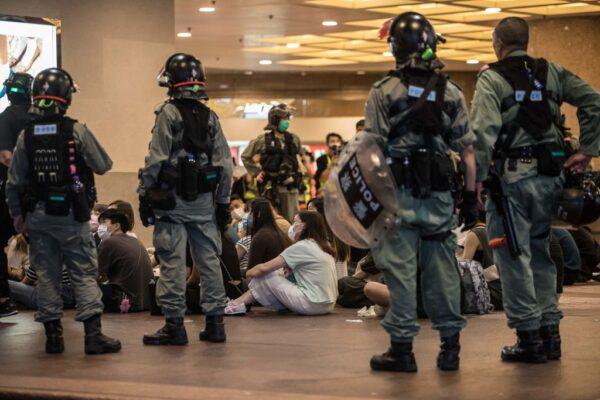
The decision to invite Han has been strongly criticised by China hawks in the Conservative Party and Chris Patten, the last British governor of Hong Kong.
‘Outrageous’
Following reports late last month that Han would get an invite to the coronation, former Conservative Party leader Sir Iain Duncan Smith said: “This is the man responsible for trashing the international treaty—the Sino-British accord—in the course of which the Hong Kong authorities have persecuted peaceful democracy campaigners.“Having this man here given his role is outrageous.”
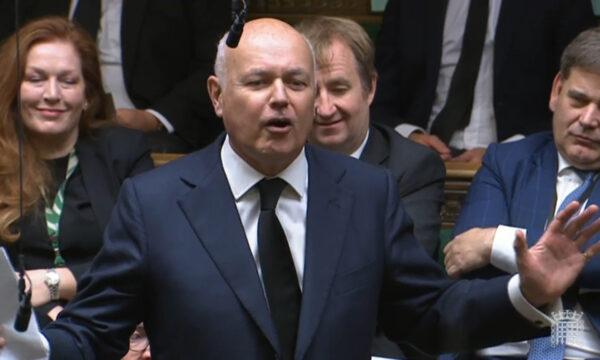
Tim Loughton, another Conservative MP, said Han’s presence would be “an insult to the freedom-loving people” of Hong Kong.
Serious concerns were previously raised when an invitation to the funeral of Queen Elizabeth II was extended to representatives from the Chinese regime last September.
‘A Stick in the Eye’
Lord Patten, the last British governor of Hong Kong, said Beijing’s decision to send Han to the coronation was a sign that the regime treats the UK with contempt.He told BBC Radio 4’s World At One programme on Thursday that Han “was actually the guy responsible for policy on Hong Kong.”
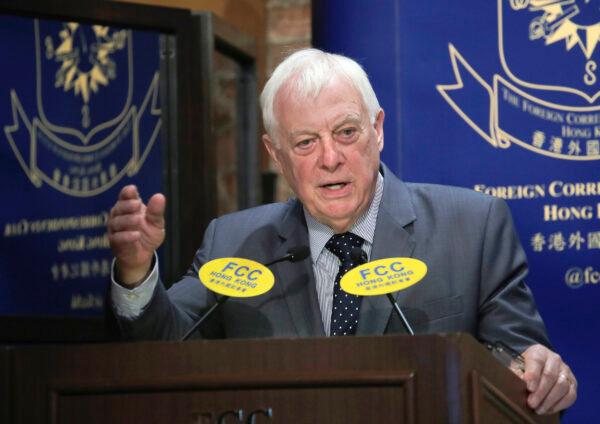
“You can’t ignore the fact that he’s there, and it’s a stick in the eye for 140,000 or more Hongkongers who are in exile here with the help of the BNO passport scheme.
“And also I think it’s an indication of the fact that, however much you grovel to China, however much you try to give them face, they don’t give a toss about giving us face.”
He added: “If it wasn’t deliberate, then it shows how casually they actually treat us anyway.
‘Dangerous Message’
Protocol for the coronation results in invites issued to almost every head of state with whom the UK enjoys full diplomatic relations.But Russia, which invaded Ukraine last year, was not represented at the ceremony, nor was its ally Belarus.
Other countries not invited to send representatives to the ceremony include Iran, Burma, Afghanistan, Syria, and Venezuela.
Invitations to North Korea and Nicaragua followed the same approach as those to the funeral of the Queen, with heads of mission offered the chance to attend.
Human rights charity Amnesty International UK questioned the decision to invite representatives of the Chinese regime.
Polly Truscott, the organisation’s foreign policy adviser, said: “If not inviting certain countries is an expression of the UK’s diplomatic disapproval, then you have to ask: why is China’s Han Zheng attending the coronation?
‘Deep Disagreement’
Foreign Secretary James Cleverly said he broached areas of “deep disagreement” during a meeting with Han on Friday.Cleverly wrote on Twitter: “Engagement with China means discussing areas of deep disagreement and vital co-operation.
“Today with VP Han Zheng, I made plain the UK’s views on Hong Kong, Xinjiang and Taiwan.
“We also discussed working together on climate change, economic ties and people-to-people links.”
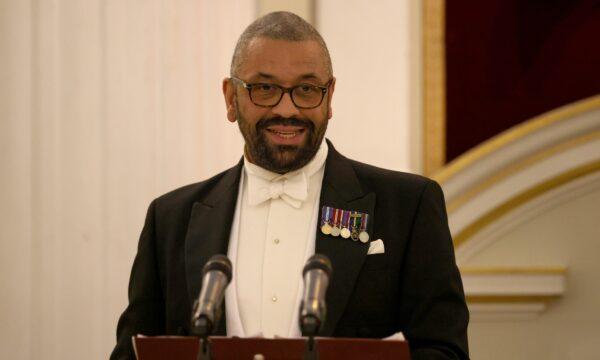
In response to criticisms of the decision to invite Han, Cleverly told BBC Radio 4’s Today programme on Tuesday: “With the relationship with China, it is incredibly important that we continue to have conversations. To basically gag ourselves, to limit our own ability to exert influence, would be counterproductive.”
Downing Street acknowledged there were “strong feelings” from MPs about the Beijing government but Prime Minister Rishi Sunak’s official spokesman told reporters in Westminster: “As the foreign secretary has said, we need to be clear-eyed about how we approach China.
“It would be wrong to exclude them completely given their significance to the global economy and on things like tackling climate change.”
